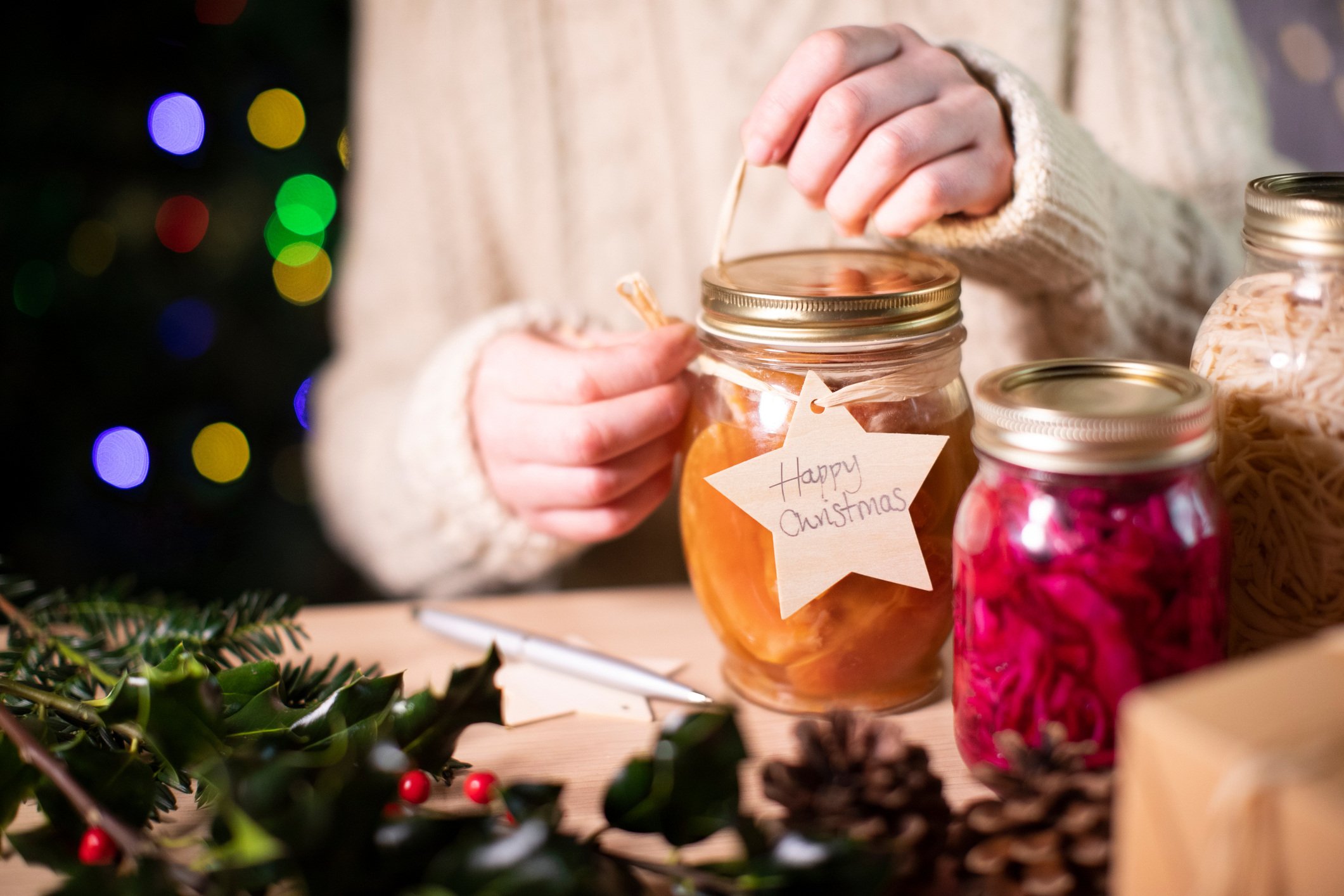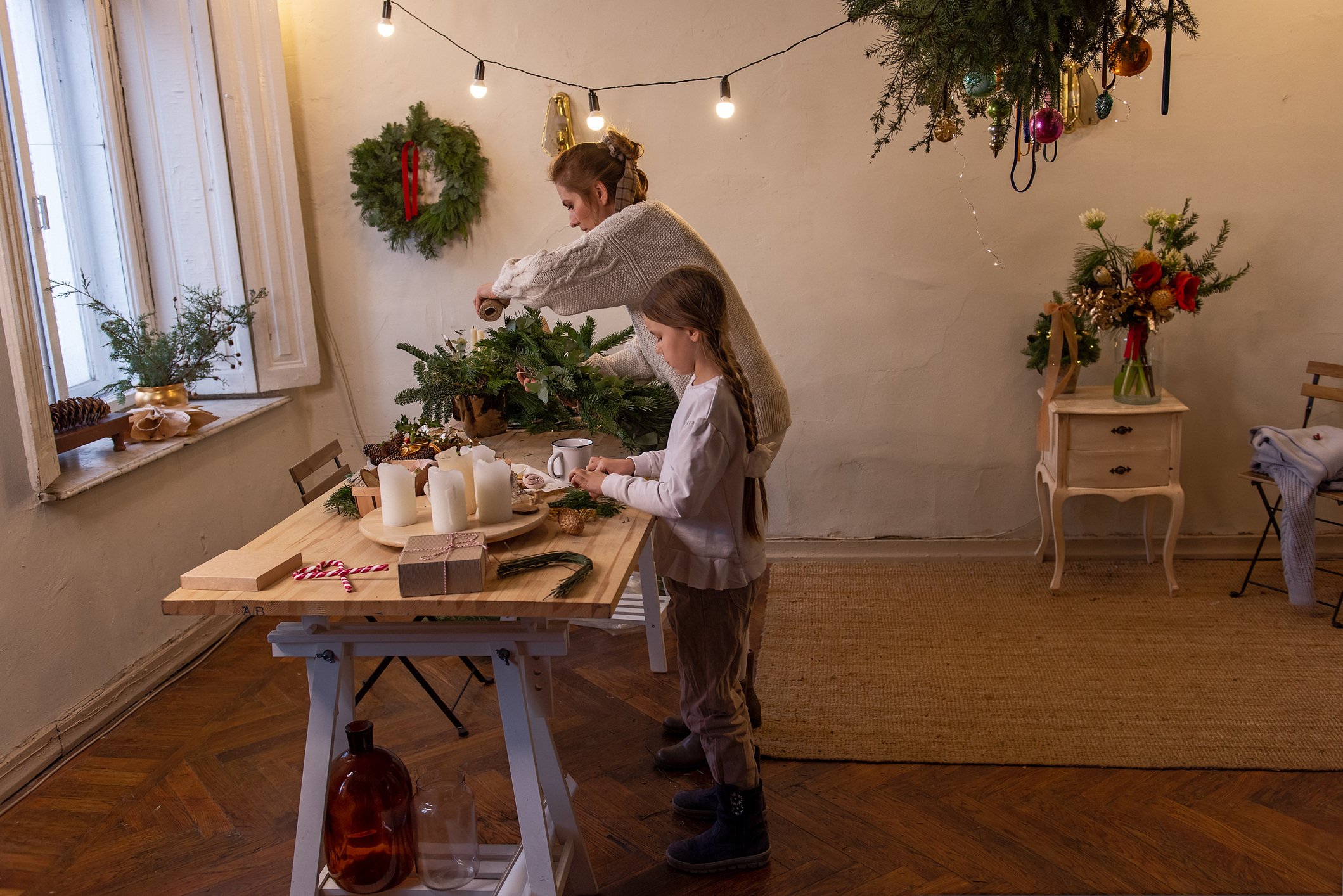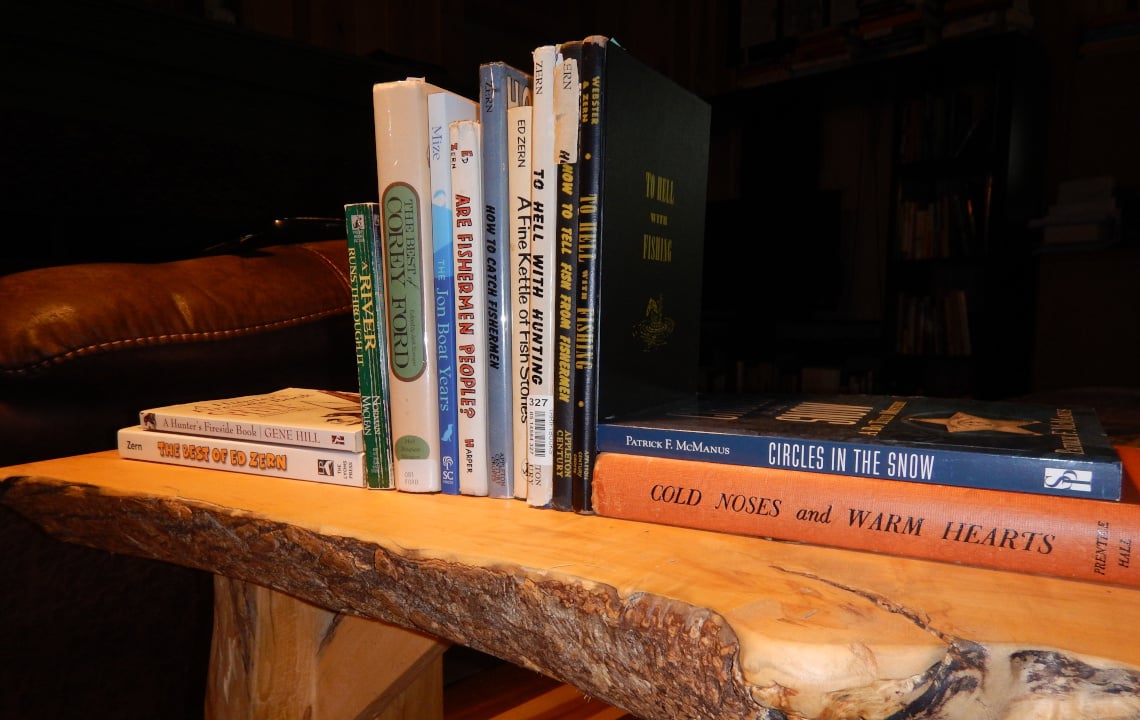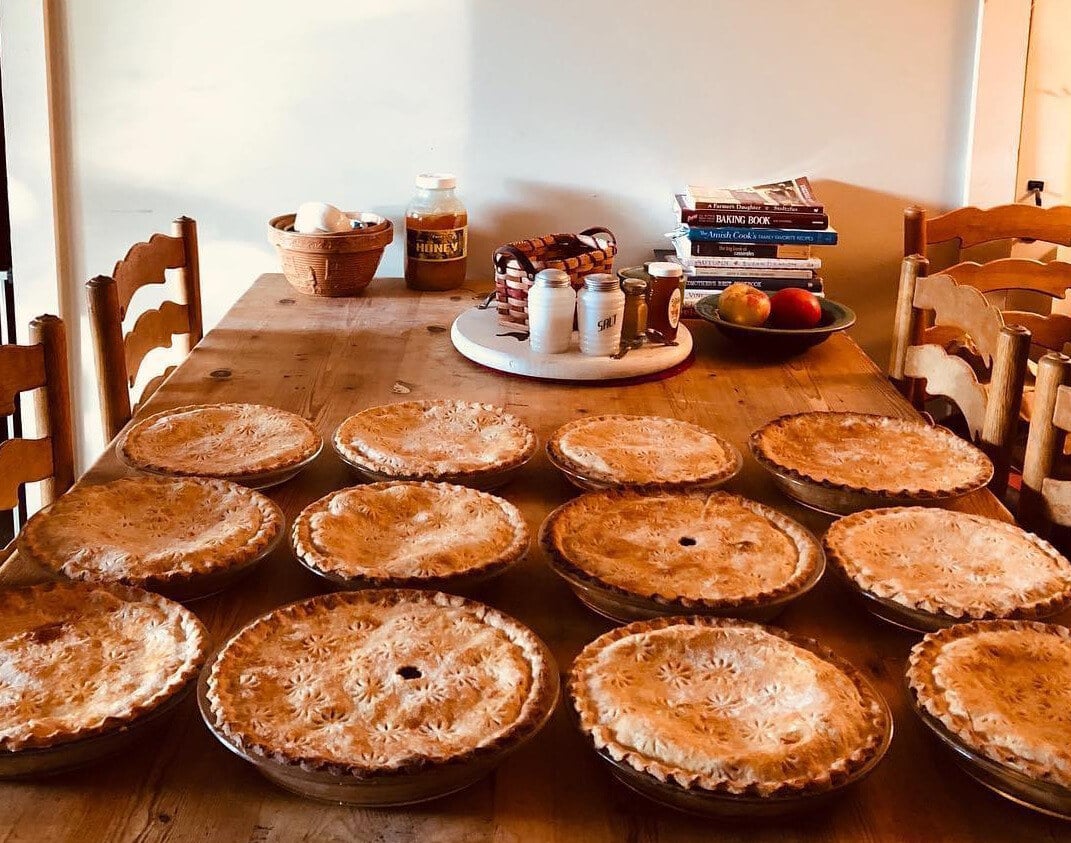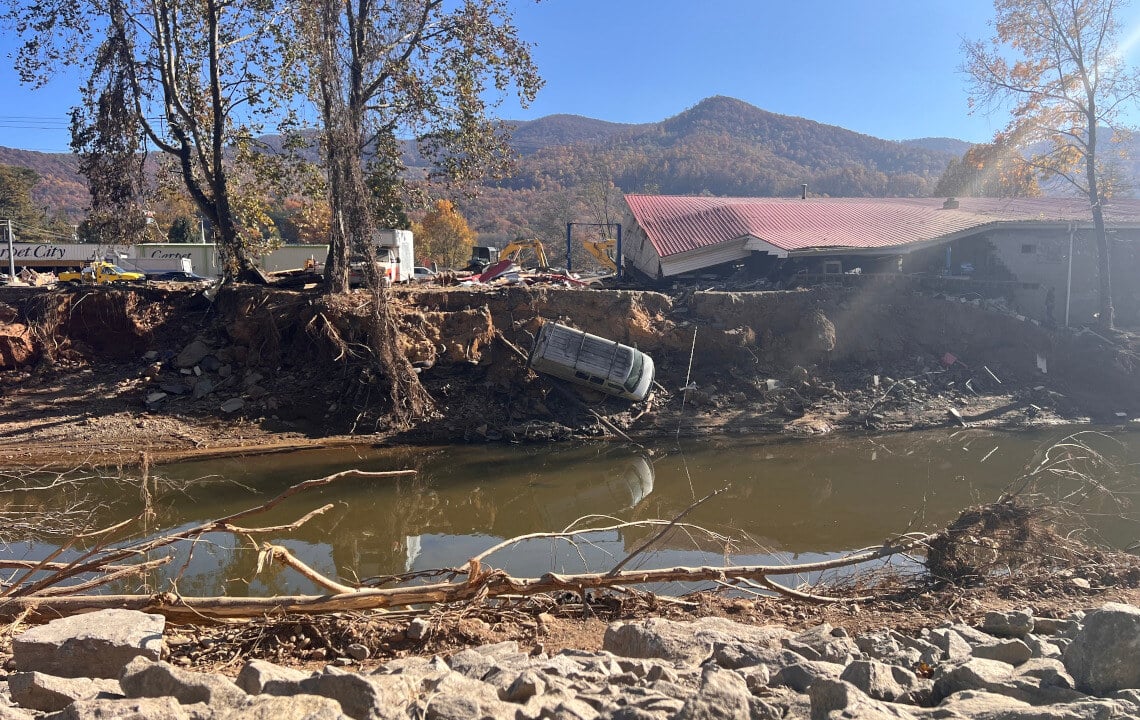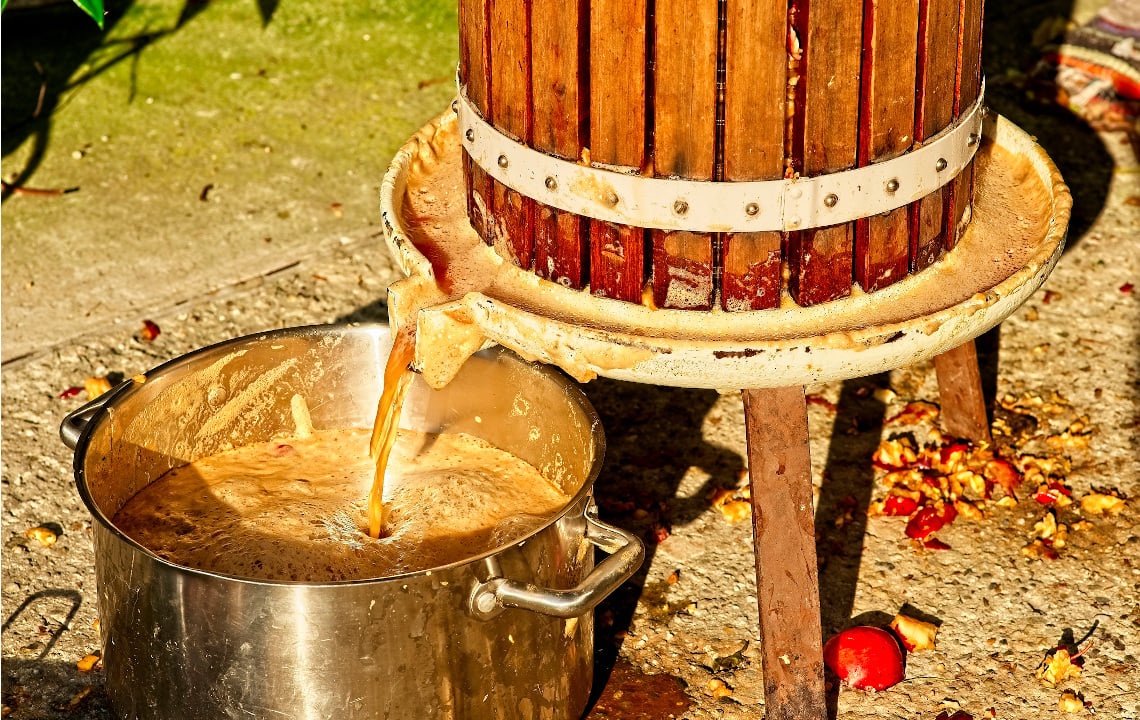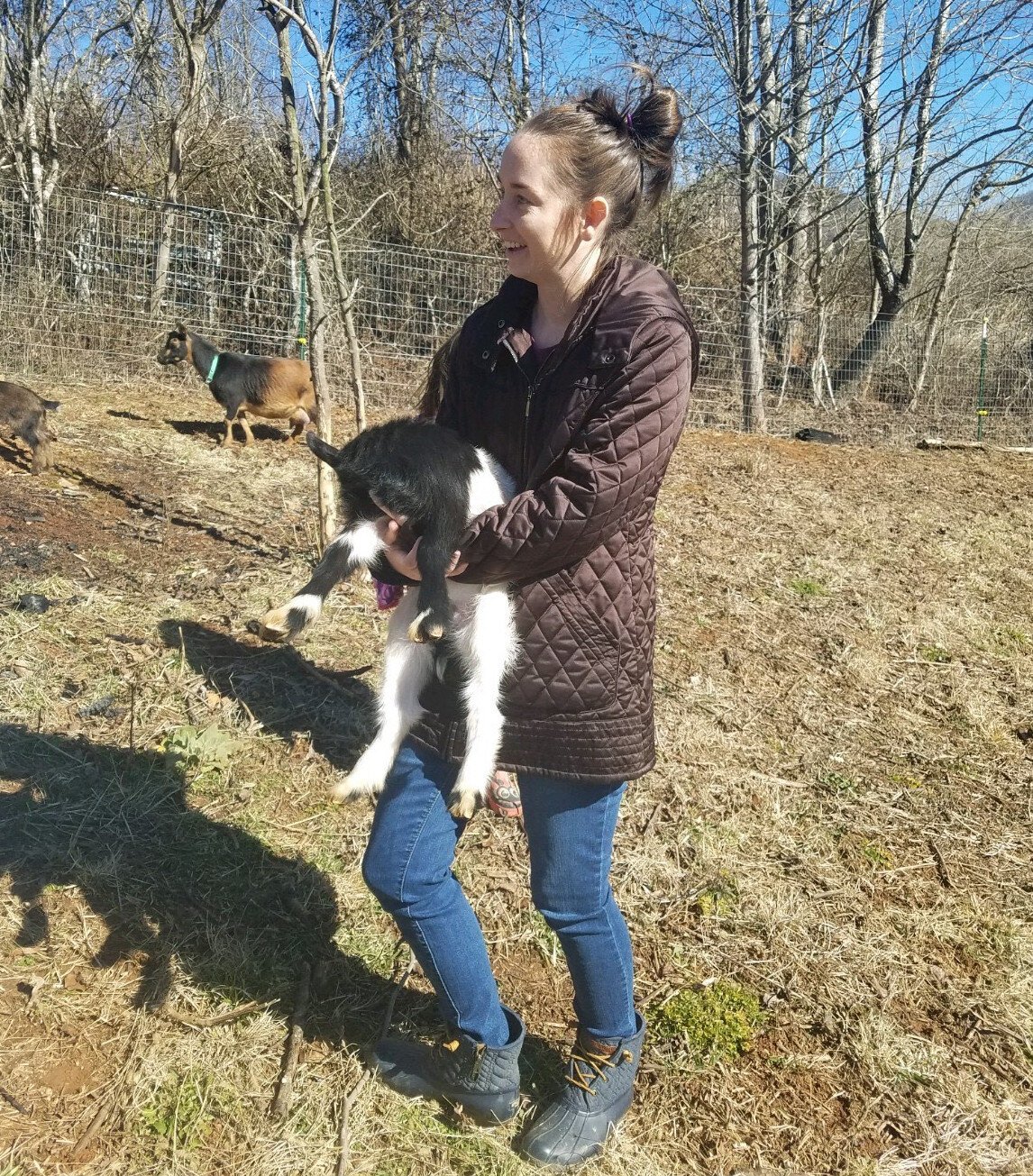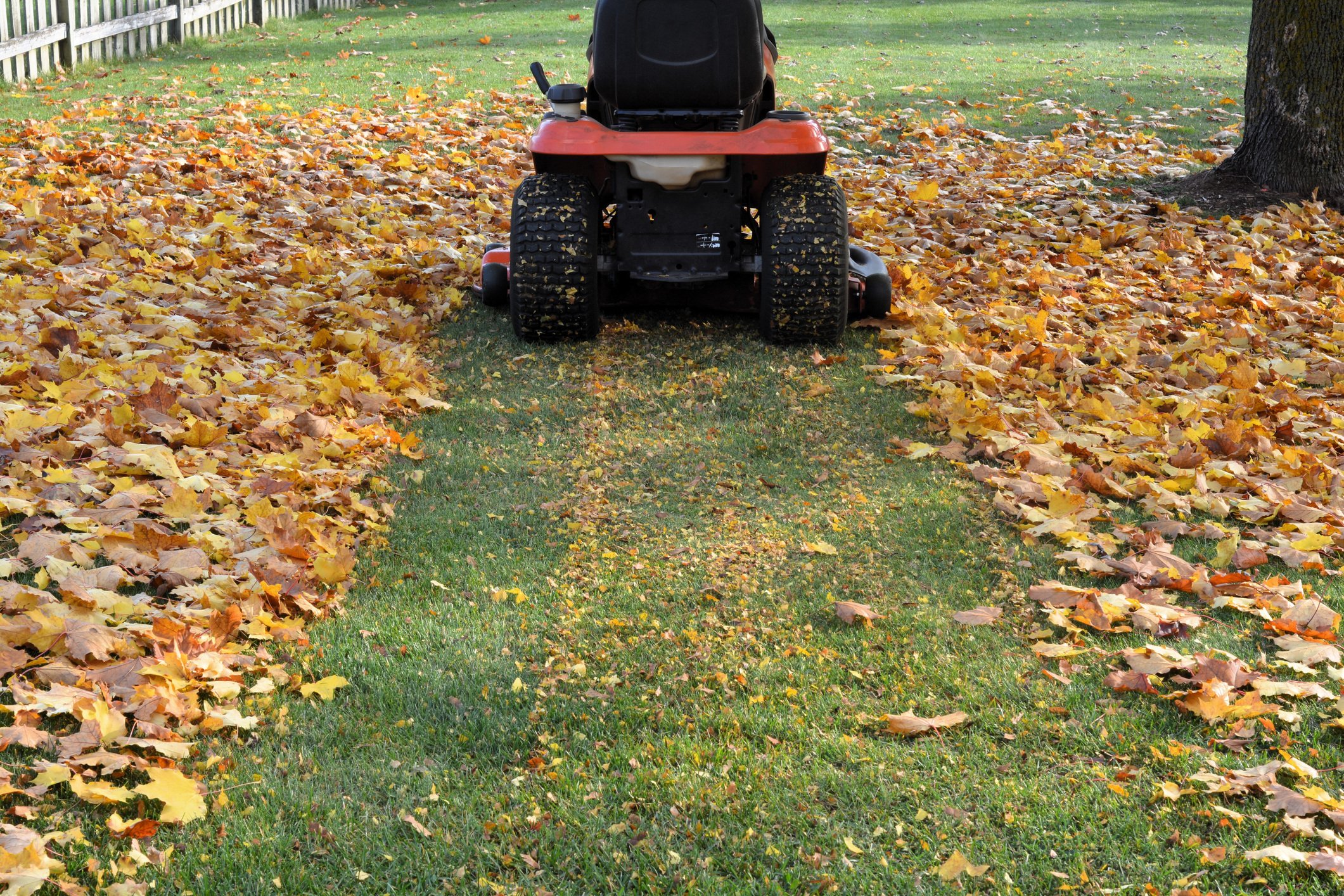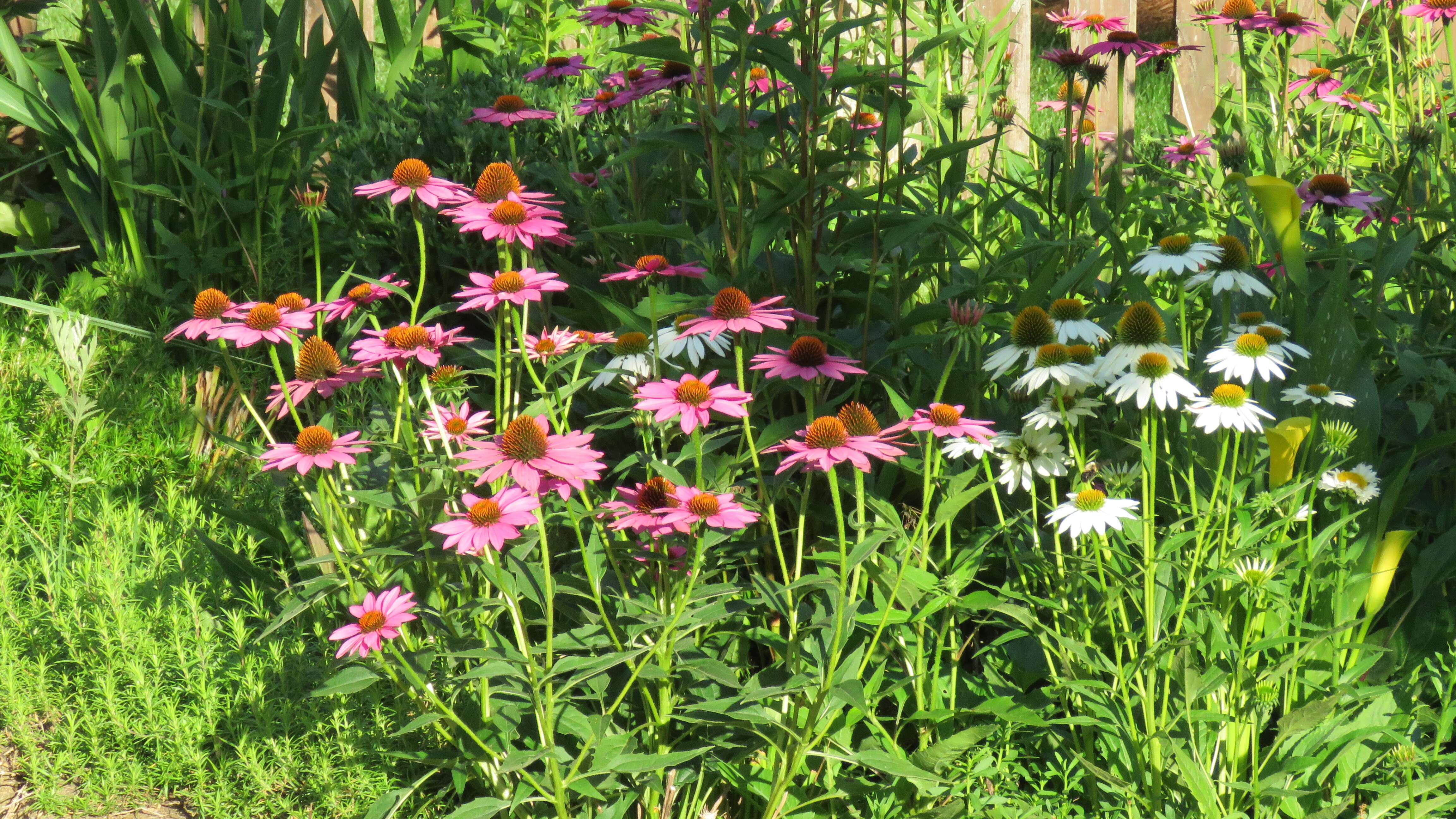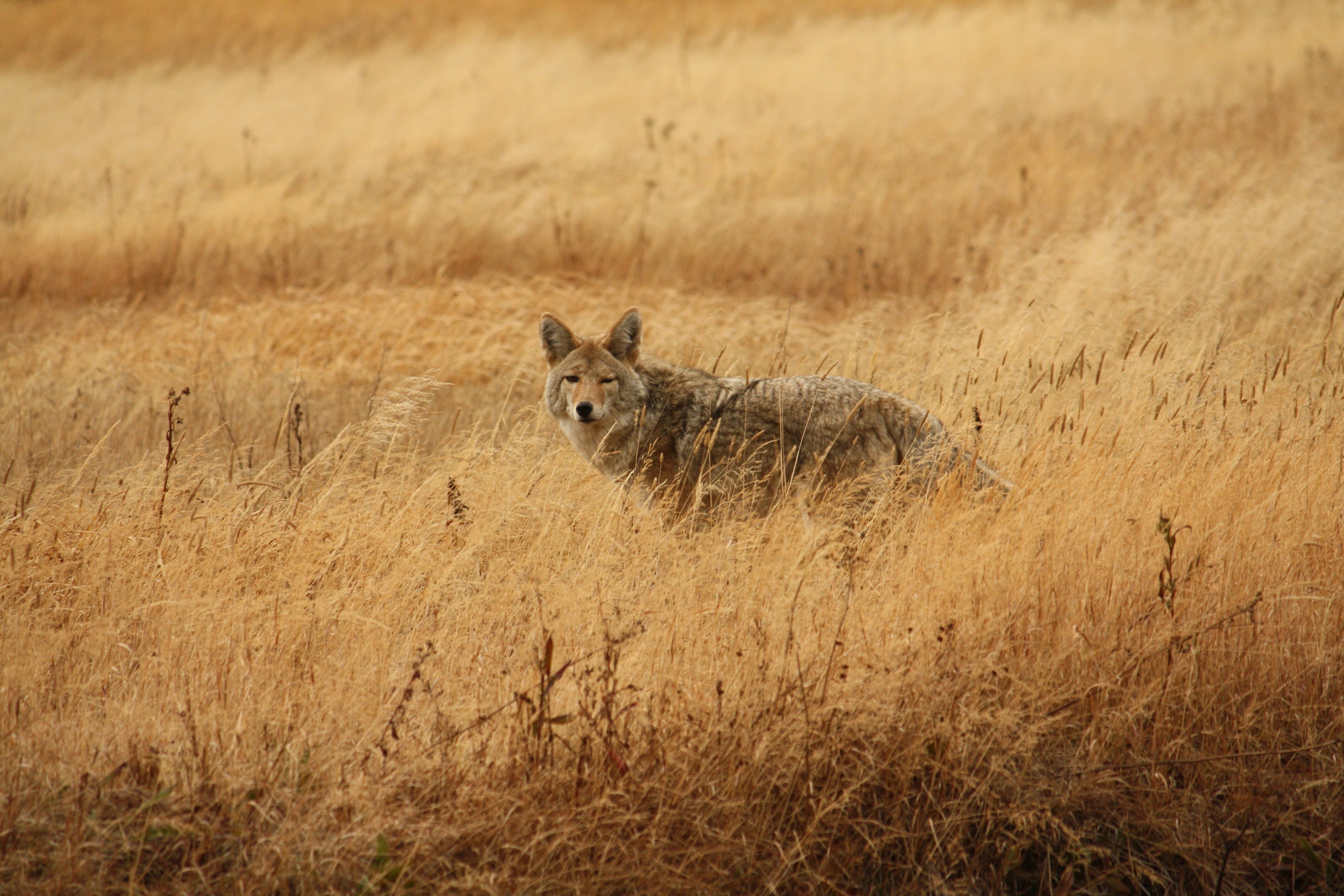Long-time gardener, grandpa, survival expert and great-grandpa, L. Woodrow Ross share his experience of the joy and wonder of teaching his great-granddaughter how to plant squash.
A recent situation reminded me of the need for parents and grandparents to share their love of gardening with their offspring and friends.
One of our daughters, Beverly, has raised beds and grows various vegetables to supplement their summer diet.
Background
Beverly often cares for our great-granddaughter, Emelia, and visits us on Mondays. It is a great time to enjoy them and see Emelia's rapid development, who is now three years old.
Beverly had told my wife, Margaret, that she had a couple of extra squash plants that she would bring to us on her next visit. Margaret relayed the information to me and advised she had suggested to Beverly that perhaps Emelia could help me plant them during the visit.

I usually have a small garden of approximately 750 square feet and still have some unoccupied space, so this was a good suggestion.
When they arrived, Emelia was excited to help with the planting of the squash, and we promptly attacked the project.
Emelia is absorbed by the idea of being a princess. She is Emelia, a.k.a. Princess Elsa from Frozen. She arrived in her gardening attire: a long princess gown and tiara. Not to let that interfere, we swiftly went into gardening mode.
Precious Moments
It was a tender moment to have my great-granddaughter by my side as we prepared the space for the plants.
She helped by placing potting soil and fertilizer into the hole, placing the plants and gently pulling soil around them. It was an opportunity for me to share my love of gardening and a teaching moment to encourage her interest in being involved in something special.
It is a privilege that parents, grandparents, and great-grandparents can share something as special as a love of planting and tending a garden.
It helps the next generations learn more about food production. We can teach them about nature’s wonders and how bees and the wind are vital in pollinating plants. We can also teach them the necessity of nurturing plants with fertilization, tilling and watering.
We look forward to the Monday visits and I know that Emelia will observe the progress of the squash plants on each visit and help with the harvest when they mature.

Life Lessons
Given mankind's drastic effects on nature, it is important we share with each successive generation the importance of agriculture, forestry management, pollution control and all the factors intertwined in our environment.
We are limited as individuals in what we can do, but with a united effort, we can have an impact. Each small effort, in combination with others, can positively affect our environment.
Responsibility
Taking responsibility for our actions begins with each small step. It can be as small as teaching a child to respect the natural world and seeing the impact that it might have on their life. Each tender plant contributes by producing food, consuming carbon and a myriad of other attributes.
As individuals, we should aspire to view the wonders of nature as Joyce Kilmer voiced her appreciation for the beauty of Trees in her familiar poem.
The last line is special:
“Poems are made by fools like me, But only God can make a tree.”




.jpg)

